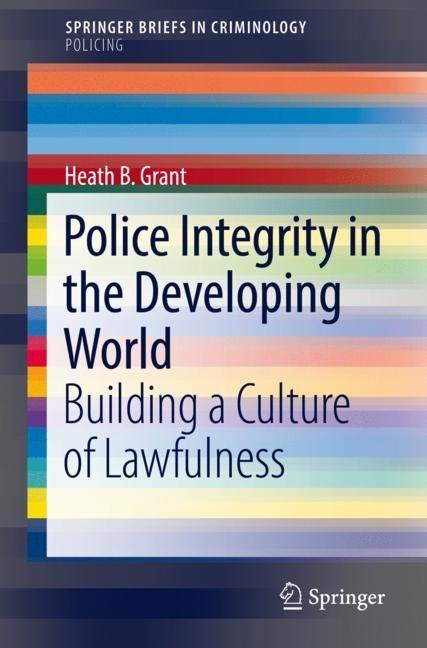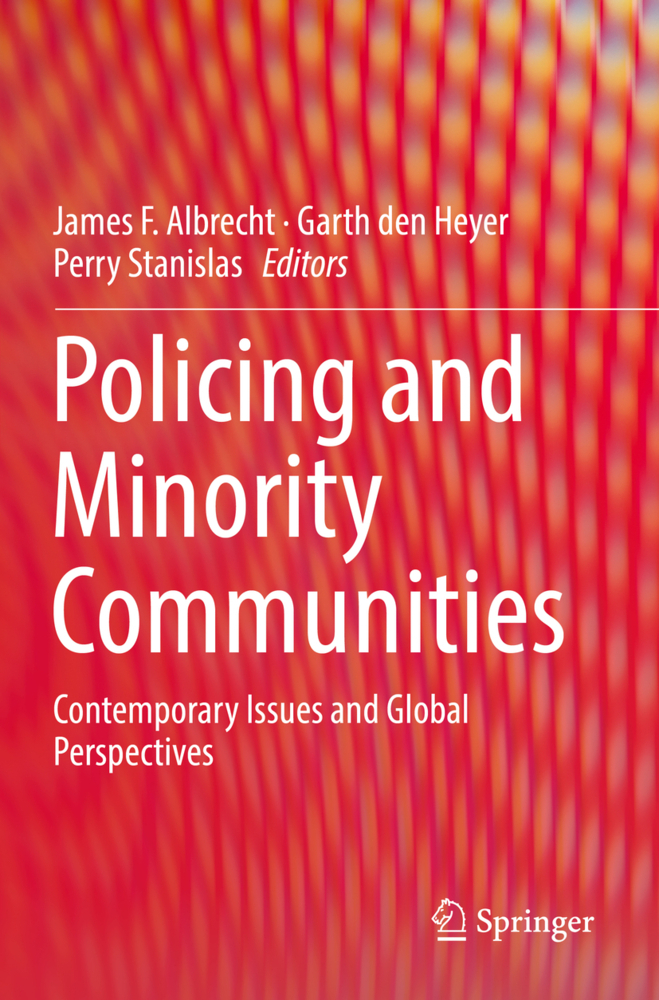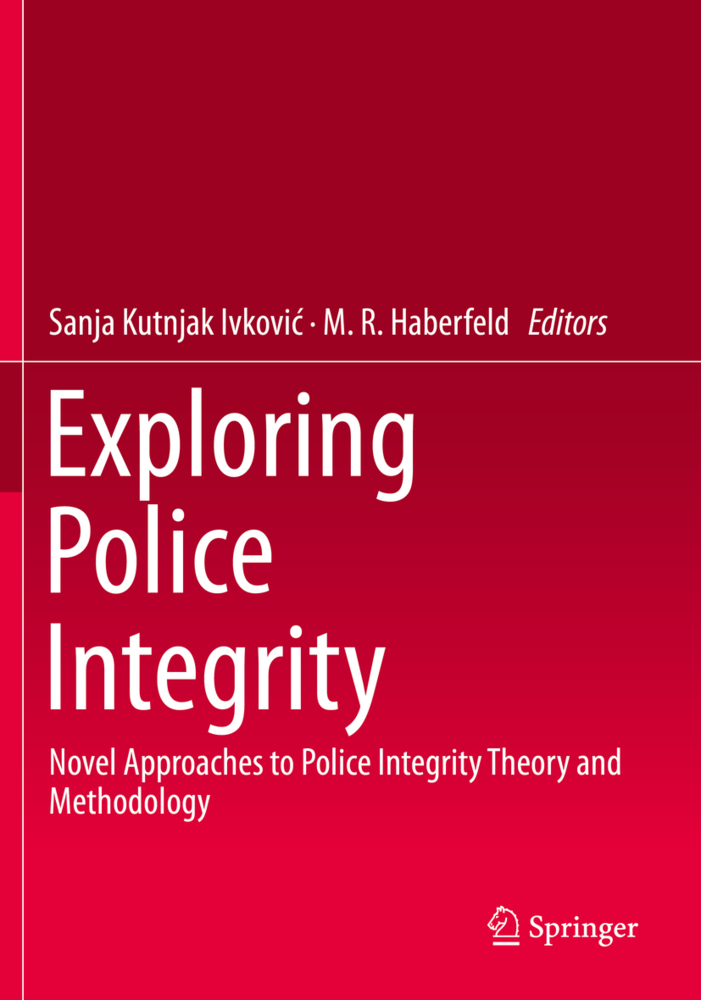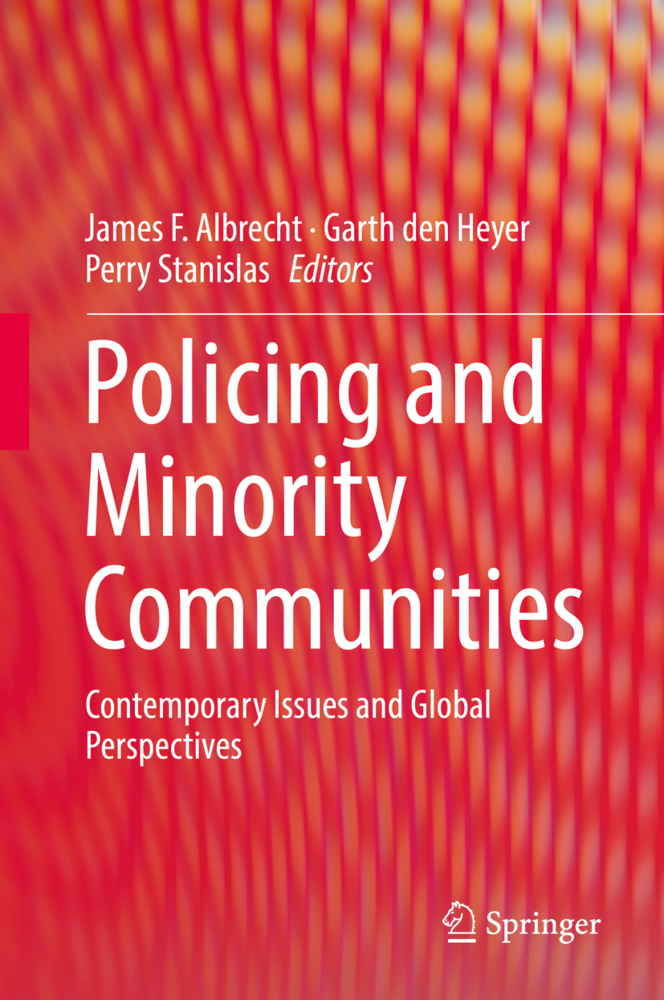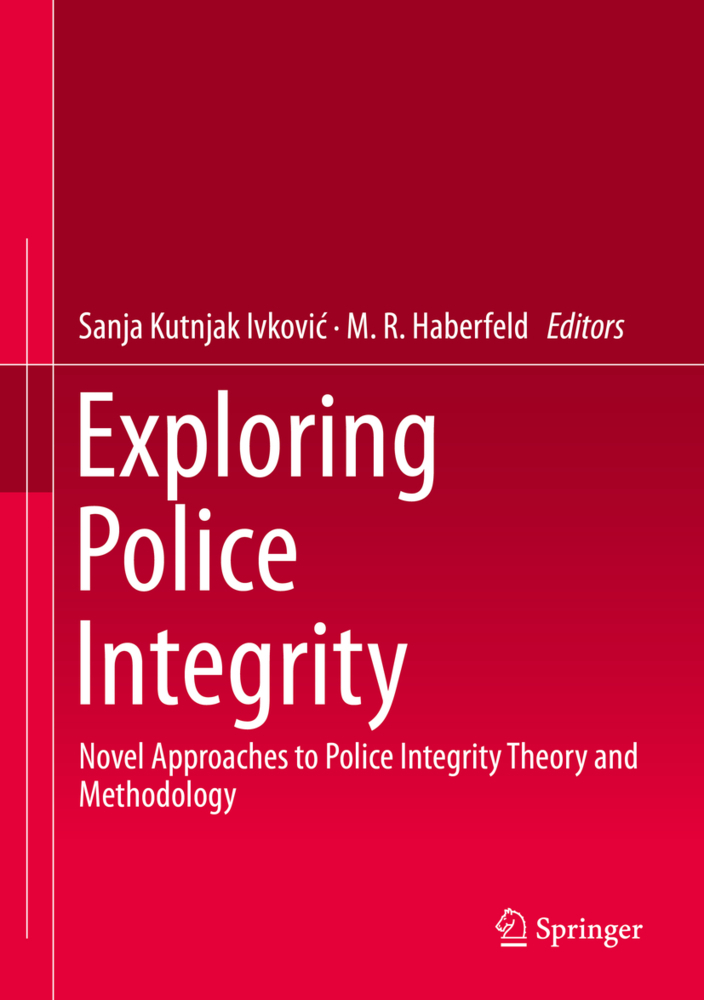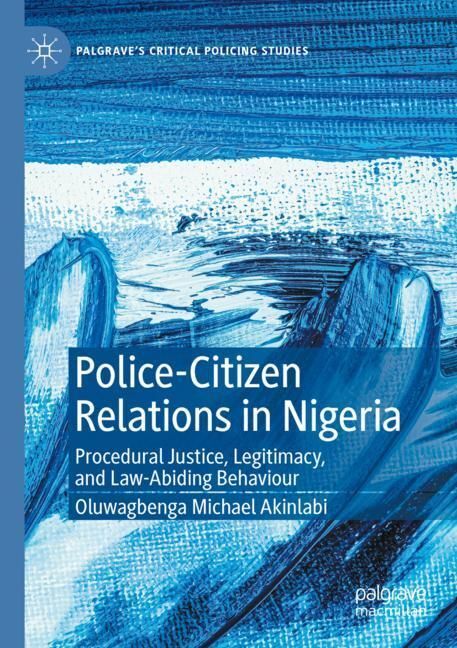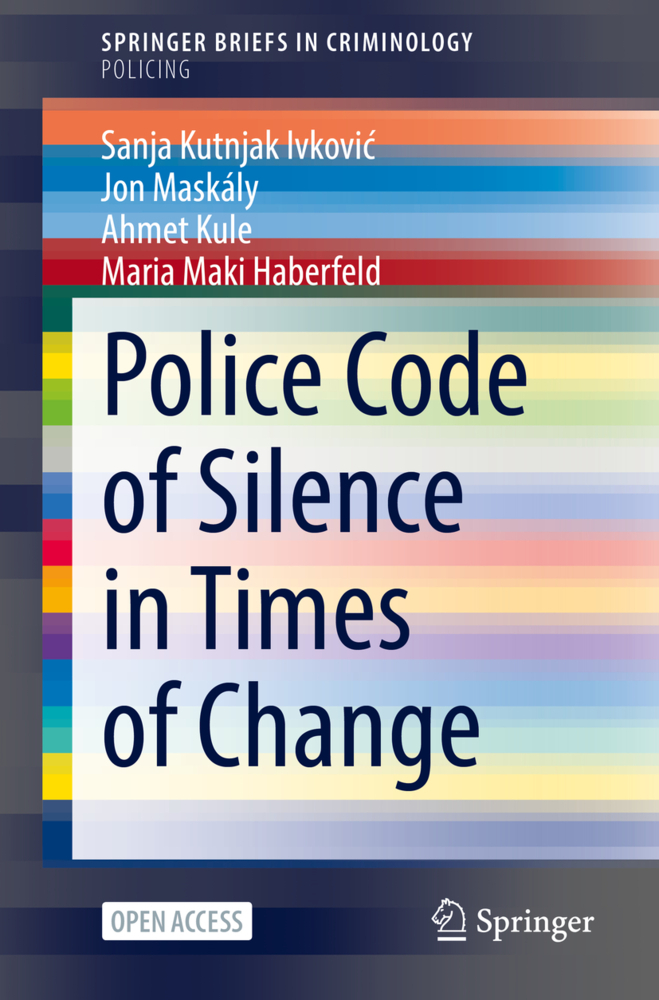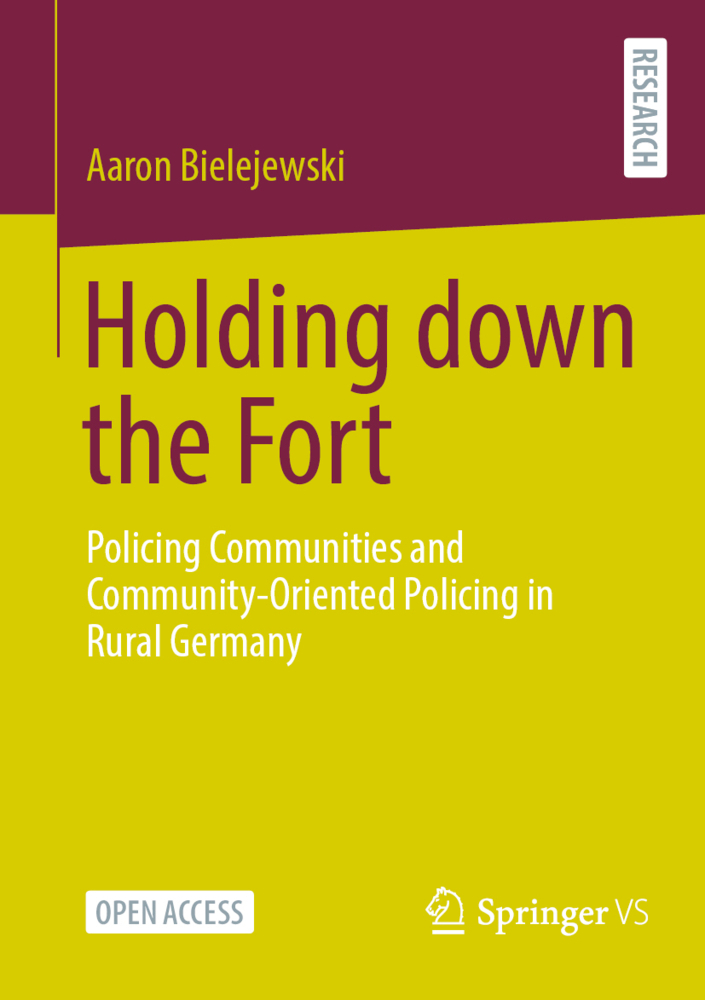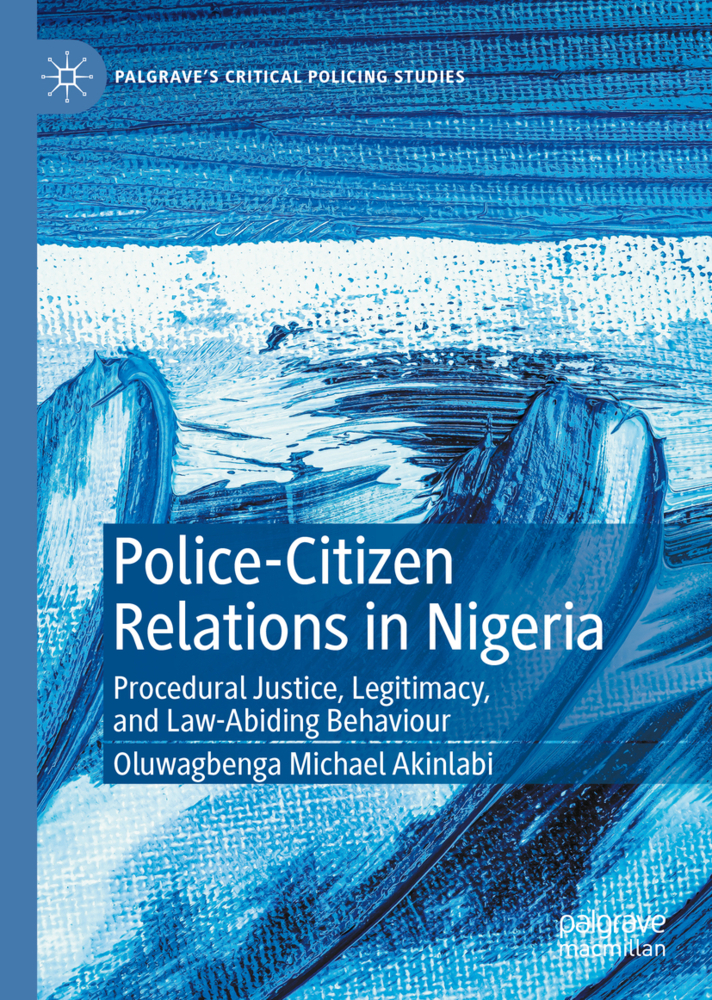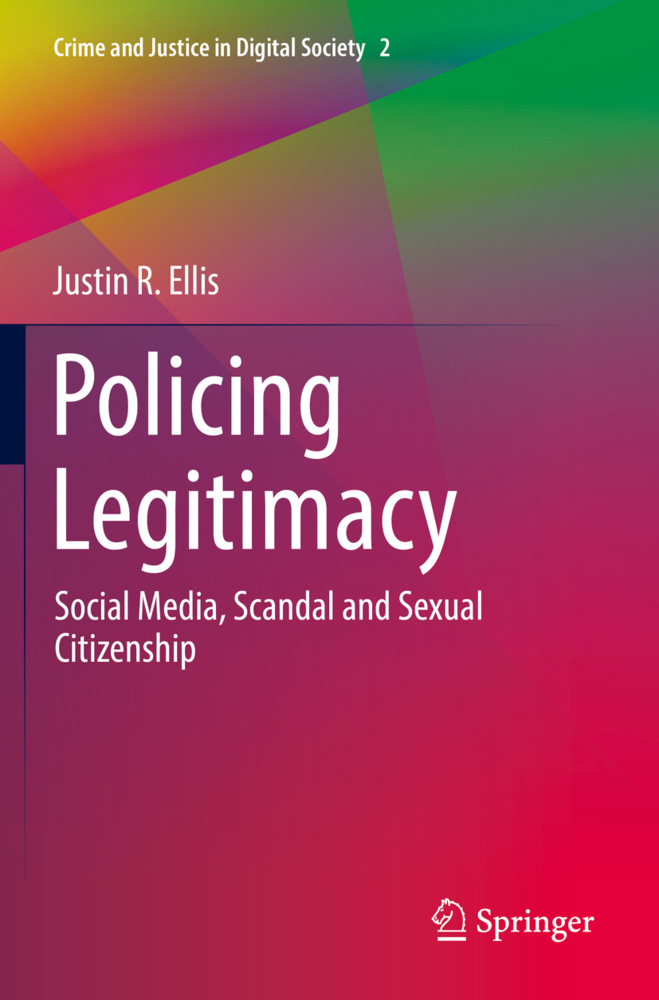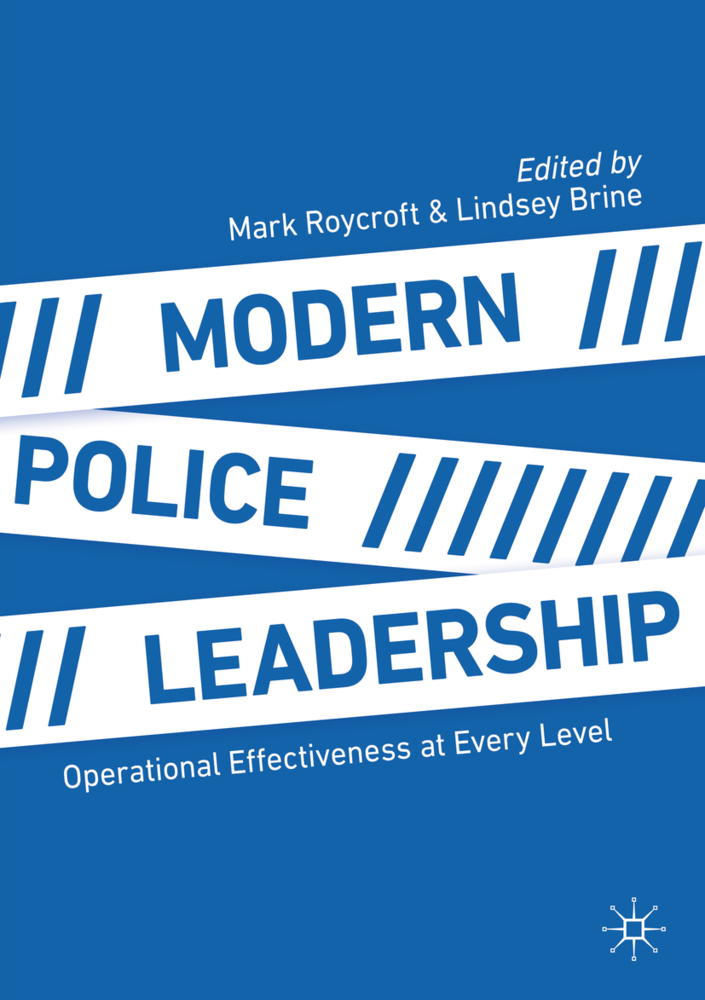Police Integrity in the Developing World
This Brief explores the problem of creating organizational change and a culture of lawfulness within police organizations in the developing world. In many countries where police are charged with responding to crime, they are themselves entrenched in histories of corruption, human rights abuses, inefficiency as well as a lack of public trust. While police corruption can happen anywhere, areas of political transition tend to have a more entrenched cultural history of corruption.
However, the author argues that even in the most challenged forces, there remains hope for organizational change. This brief demonstrates how understanding the local socio-political context, and applying evidence-based best practices for police integrity training can bring about change. The brief summarizes the current state of knowledge on police integrity training, strategies for rethinking corruption and community policing, as well as two case studies in Bangladesh and Mexico with applications for other regions.
This work will be of interest to students and researchers in criminology and criminal justice, particularly with an interest in police studies and corruption, as well as related fields such as political science, international studies and human rights.
Prior to returning to the full-time faculty of John Jay College of Criminal Justice in 2013, Dr. Grant was most recently the Director of Research of the Police Executive Research Forum, a leading Washington DC organization dedicated to advancing law enforcement and crime prevention internationally. Formerly, as CEO, of Success for Kids (SFK), he oversaw the planning, implementation, curriculum development, partnerships& strategic program alliances and evaluation of the organization's international programs and services. A 15 year program executive, his experience and innovative style has positioned SFK's unique approach to Social Emotional Learning as one of the most sought after program partnership opportunities throughout Africa, the Middle East, Europe, and the Americas. On behalf of the Asia Foundation, he also recently developed training curricula for the Bangladesh National Police on community policing. He subsequently conducted an assessment there related to the status of community policing in the country.
1;Contents;6 2;About the Author;8 3;Chapter 1: Antecedents and the Nature of Police Corruption and Impunity in Postcolonial and/or Developing Countries;9 3.1;Back to the Basics - The Bad Apple in the Bunch;12 3.2;References;13 4;Chapter 2: Integrity Training: The Importance of a Moral Resoning and Rigorous Evaluations;15 4.1;Defining Police Integrity;15 4.2;Individual Level Integrity;15 4.3;Organizational Level Integrity;16 4.4;Scope of Integrity Training;16 4.5;Pedagogical Techniques in Integrity Training;17 4.6;Content of Integrity Training;17 4.7;Moral Reasoning as an Integrity Promotion Tool;18 4.8;References;20 5;Chapter 3: Change in Police Organizations - Towards a Top Down/Bottom Up Strategy;21 5.1;References;23 6;Chapter 4: Why Civilian Oversight is NOT the Answer - Addressing Use of Force and Other Human Rights Violations;25 6.1;References;27 7;Chapter 5: Rethinking Community Policing - Collective Efficacy First;28 7.1;References;30 8;Chapter 6: The Not So Exemplary Example - Bangladesh National Police;31 8.1;Politics and the Police in Bangladesh;32 8.2;The Ever-Present History of Partition;32 8.3;Varied Attempts at Police Reform;35 8.4;Community Policing: Strengths, Flaws, Implementation and the Importance of Local Context;37 8.4.1;Key Lessons for Implementing Community Policing Models in the Developing World;37 8.5;The Need for a Moderate Level of Police Legitimacy;39 8.6;Collective Efficacy as a Starting Point;41 8.7;Summary and Recommendations Moving Forward;42 8.8;References;42 9;Chapter 7: Tying It All Together - I'm Smarter than a Ninth Grader - The Culture of Lawfulness Model and Its Origins in the Schools;44 9.1;Taking It to the Police;45 9.2;Education in the Rule of Law for Police;46 9.3;Conclusion;49 9.4;References;50 10;Correction to: The Not So Exemplary Example - Bangladesh National Police;51
Grant, Heath B.
| ISBN | 9783030004132 |
|---|---|
| Artikelnummer | 9783030004132 |
| Medientyp | E-Book - PDF |
| Copyrightjahr | 2018 |
| Verlag | Springer-Verlag |
| Umfang | 51 Seiten |
| Sprache | Englisch |
| Kopierschutz | Digitales Wasserzeichen |

